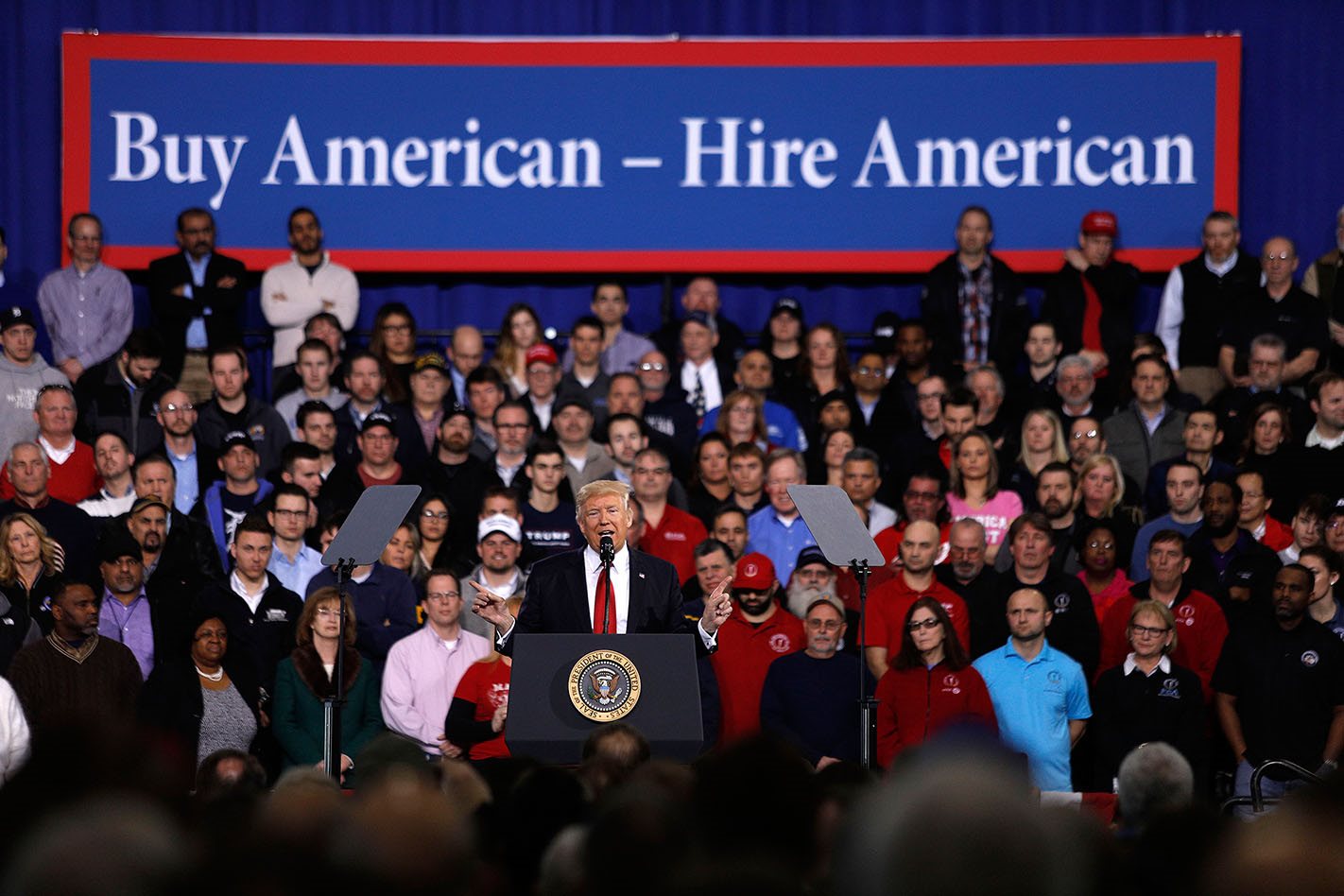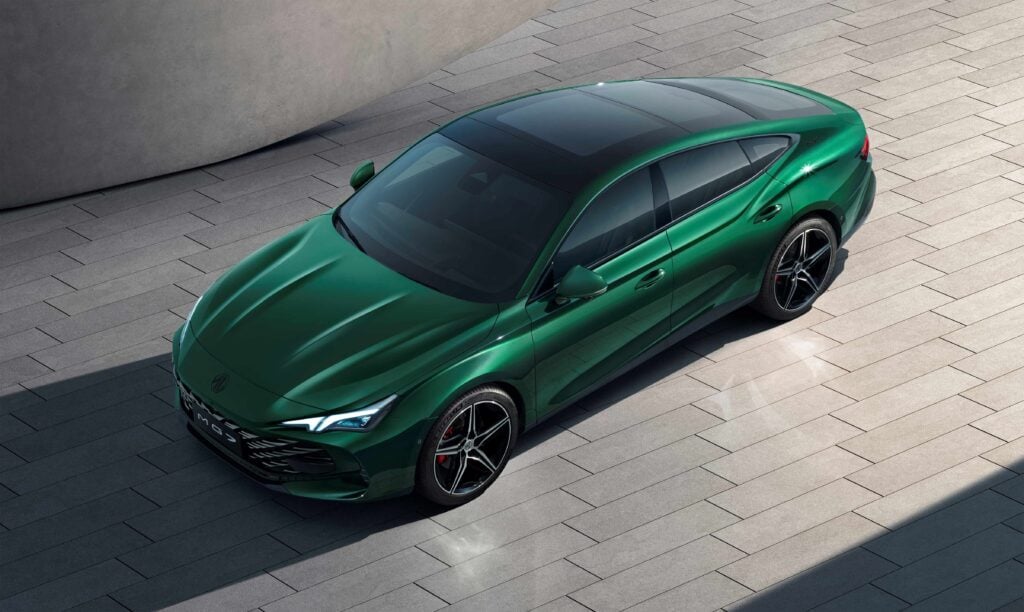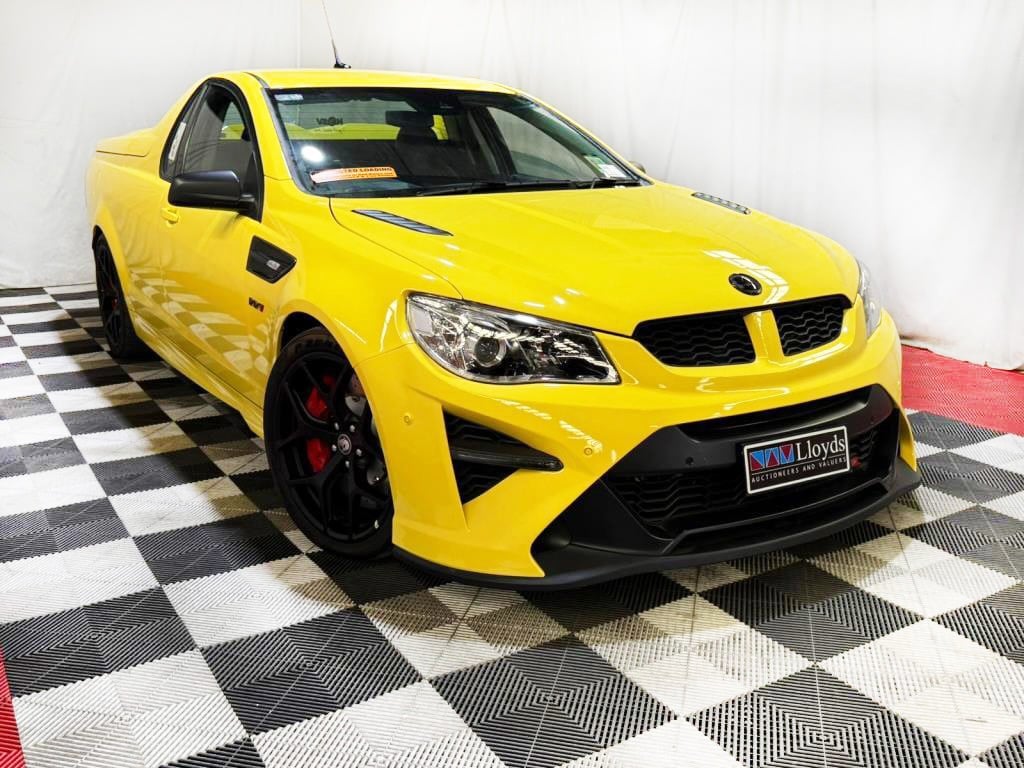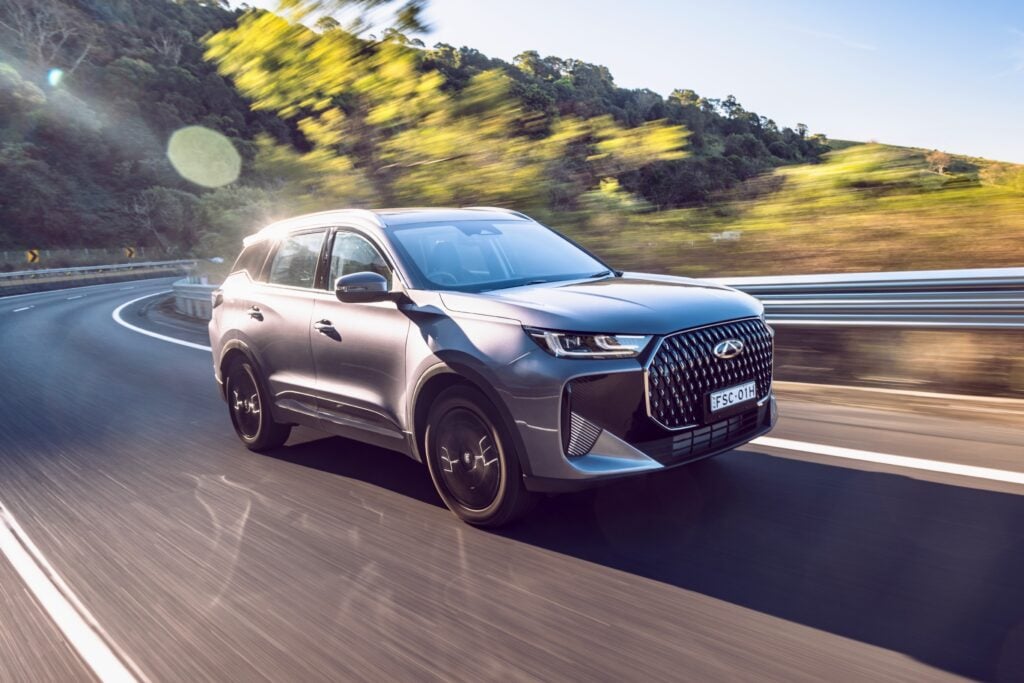US PRESIDENT Donald Trump will reopen a sidelined US Government review of the emissions rules that effectively killed off one of Holden’s major export markets.
Speaking at the opening of the $US80 million ($A104 million) Detroit-based American Center for Mobility overnight, Trump said his government would reopen a mid-term review of vehicle emissions caps – the Corporate Average Fuel Economy standards – that were set by the previous Obama government.
The review will potentially overturn a final determination announced by the EPA in January that confirmed fuel economy standards for new cars and pick-up trucks for model years 2022 through 2025 and ruled out the need for the review.
The Environmental Protection Agency-regulated CAFE standards were established under the Obama-led administration, and were aimed at forcing carmakers to lift the fuel economy average across their vehicle fleets to 54.5mpg (4.3L/100km) by 2025. In contrast, Europe has set a target of about 4.1L/100km by 2021.
US carmakers have long argued that the strict CAFE standards do not reflect showroom reality, where buyers are switching off small fuel-sipping cars in preference for larger, more fuel-heavy vehicles, and it needed to be relaxed.
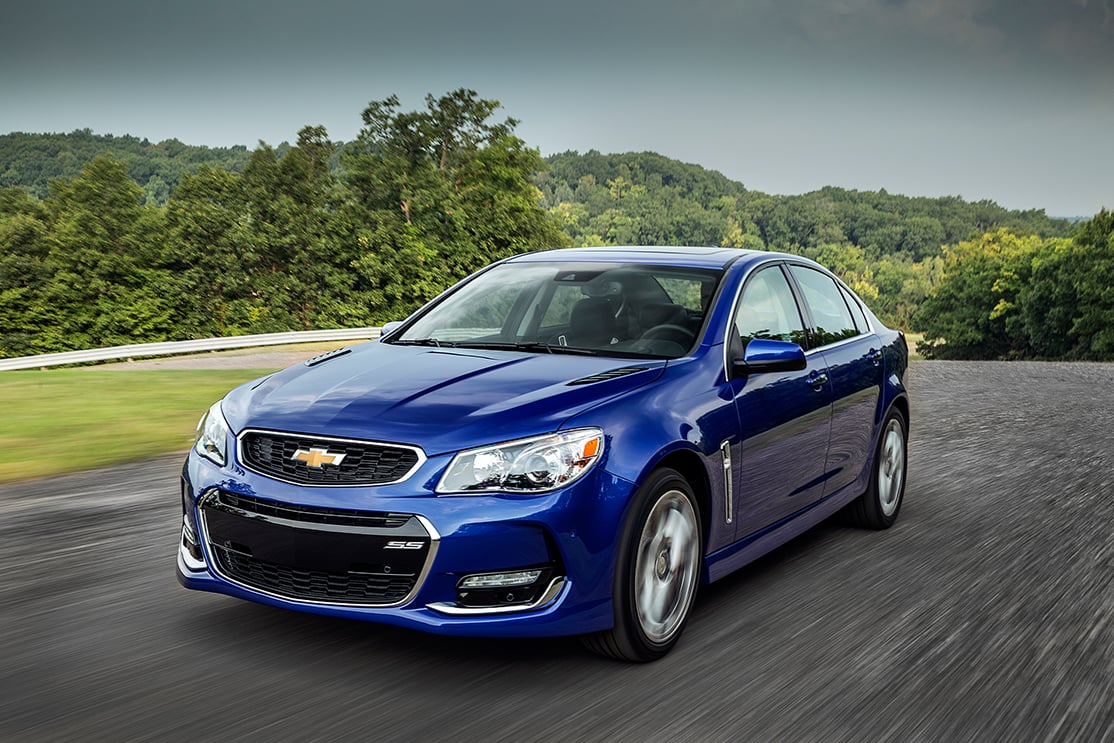
According to Trump, the CAFE standard was costing jobs in the US carmaking industry, and needed to be reviewed.
“I’m sure you’ve all heard the big news that we’re going to work on the CAFE standards, so you can make cars in America again,” Trump said. “There is no more beautiful sight than an American-made car.”
Trump also flagged an announcement his government would make next week, related to US carmaking, that would be “very, very big”.
“Everybody is saying, ‘what is it?’ Let’s keep them guessing back there,” he said. “The assault on the American auto industry, believe me, is over.”
Trump has been pressuring carmakers to pull manufacturing back into the US in an attempt to reclaim Detroit’s status as the world’s carmaking hub. About half the cars sold in the US are made there.
An EPA review into the CAFE standards said introducing the tighter fuel use cap would cost the carmaking industry about $US33 billion, but the economic benefits from the cap – namely the lower rates of fuel demand and the higher energy security – would reap almost $US100 billion in savings for the US economy.
The EPA welcomed the review. “These standards are costly for automakers and the American people,” the environmental watchdog’s administrator, Scott Pruitt, said.
“We will work with our partners at [the Department of Transport] to take a fresh look to determine if this approach is realistic. This thorough review will help ensure that this national program is good for consumers and good for the environment.”
The EPA has until April next year to decide if the CAFE standard should be relaxed.
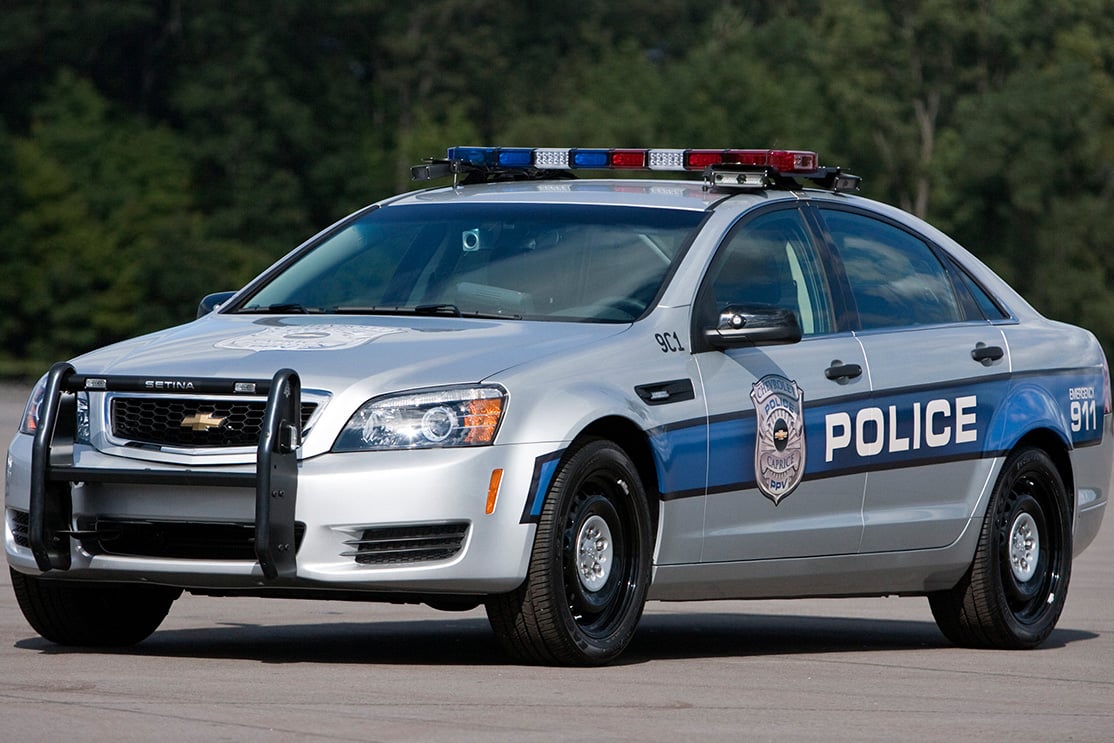
Not everyone was happy, though. Consumers Union, the lobbying arm of US buyer’s watchdog Consumer Review, labelled the review as “a bad deal for consumers”.
“A decision to withdraw the standards is nonsensical, as it would merely funnel more money to oil companies at consumers’ expense and halt the progress that can be made in both savings for consumers and vehicle efficiency,” Consumers Union policy counsel Shannon Baker-Branstetter said.
“The standards already take the cost into account, and the record shows that they are a reasonable, cost-effective approach to improving fuel efficiency and lowering consumers’ expenses.”
The tougher US emissions standards were one of the reasons Holden’s parent company, General Motors, showed little interest in reviving exports of the Australian-made Holden Commodore – rebadged as Pontiacs before the 2008 global financial crisis killed off the performance sub-brand, and as Chevrolets when low-level exports were kick-started in 2013.
Only about 9000 Chevrolet SS sedans have sold in the US over the last three years, although Holden announced late last year it would build an extra 1000 export cars to meet an expected uptick in demand for the V8-engined four-door.
About another 15,000 Holden Caprice long-wheelbase sedans, rebadged as the Chevrolet Caprice, have also been sold to US police forces since 2011.

